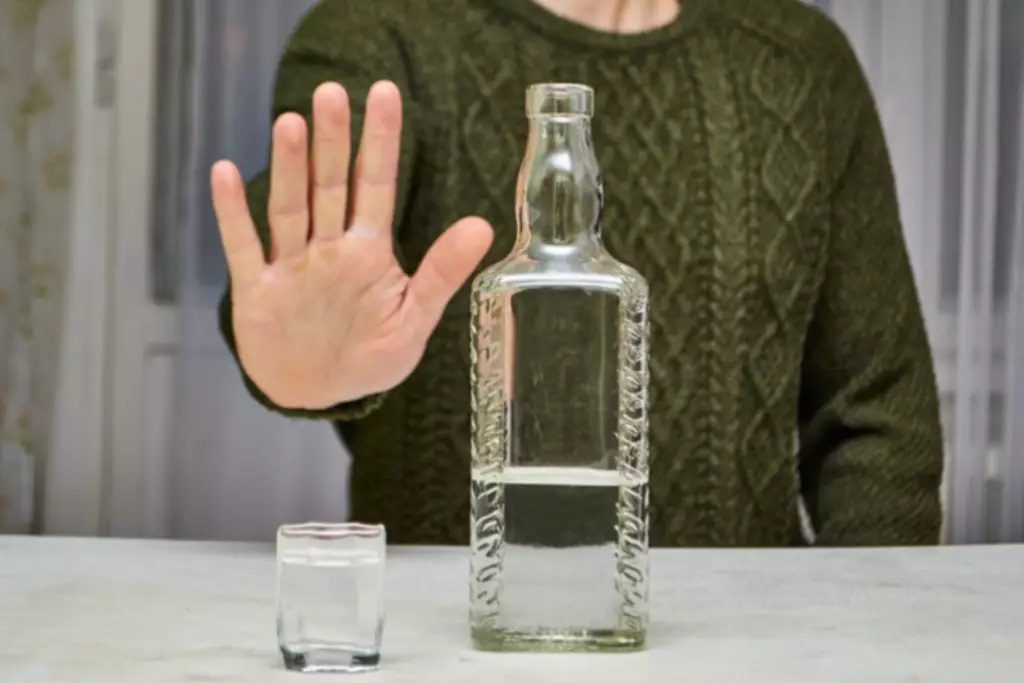In addition to rehab facilities, gather resources such as brochures, articles, and books that discuss addiction and recovery. These resources can help your loved one better understand the impact of addiction and the benefits of seeking professional help. Before initiating the conversation, it’s important to educate yourself about addiction.
Inpatient Rehabilitation
Forgiving doesn’t mean sweeping all emotions under the rug and moving forward without discussion. It’s likely that your loved one made some serious mistakes, and you’re having a difficult time moving on. Forgiveness is about understanding that your loved one was sick with the disease of addiction when he or she said or did things to hurt you or break your trust. Forgiving will be releasing those powerful, negative thoughts that have been stored in your head and your heart. Forgiving will also be a starting ground for rebuilding your relationship and communicating effectively.
- Engaging in activities that promote mental, emotional, and physical well-being can help individuals avoid relapse and enhance their overall quality of life.
- If you’re trying to get your loved one into rehab, make sure that you have all of the details beforehand.
- The interventionist has a unique role as an outsider, which gives them more leeway with being more direct and blunt with the addict.
- At Gateway, we use nine core treatment methods to ensure we address the drug addiction but also deal with the co-occurring factors that led to the addiction in the first place.
- If you don’t give it your all and do everything you can get help for your loved one, you will have to live with the results which can be tragic.
- Offer to accompany them to appointments and provide emotional support throughout the process.
- Cardiac rehabilitation programs usually last about 3 months but can range anywhere from 2 to 8 months.
What is senior rehabilitation?
Marian Keyes: ‘Rehab was one of the happiest times of my life’ – The Guardian
Marian Keyes: ‘Rehab was one of the happiest times of my life’.
Posted: Sat, 05 Feb 2022 08:00:00 GMT [source]
By thoroughly researching different rehab facilities, you can make an informed decision that aligns with your loved one’s needs and preferences. If you notice any of these signs in your loved one, it’s important to approach the situation with empathy and concern. Addiction is a physical and psychological condition and involves the compulsive use of a substance despite the negative consequences to all aspects of the individual’s life. If you notice these signs in someone you care about, it may be time to consider discussing the possibility of rehab. If the interventionists are emotionally charged, chances are there won’t be too much listening and understanding occurring. The majority of seniors go to rehab for musculoskeletal problems and after joint replacement.[01] Other common conditions include strokes and severe infections like pneumonia.
Types of Addiction Treatment Available
Engaging in activities that promote mental, emotional, and physical well-being can help individuals avoid relapse and enhance their overall quality of life. They may also provide education about healthy eating habits, exercise, sleep hygiene, and overall wellness. how to get someone into rehab By promoting a healthy lifestyle, individuals are better equipped to manage stress, improve mood, and support their recovery journeys. MAT involves the use of FDA-approved medications that are specifically prescribed to treat substance use disorders.

Inpatient and outpatient rehabilitation services for the elderly
Usually, the rehab you are choosing has a couple of people that they like to use or refer to. The important part is that you find someone sufficiently qualified to lead the intervention and effectively motivate your loved one. The interventionist is not included in that, so don’t try to “follow their lead” by becoming more confrontational.
- In addition to professional resources, consider exploring support groups or addiction helplines.
- These are some general signs and symptoms that could indicate your loved one is addicted to drugs or alcohol.
- This discussion is likely to be emotional, and having something to focus on and help you remember the important things will be of great benefit.
- Your loved one may feel attacked and become isolated or more opposed to treatment.
Be Ready to Address Any Questions
Get Started on Your Personal Journey to Addiction Recovery




